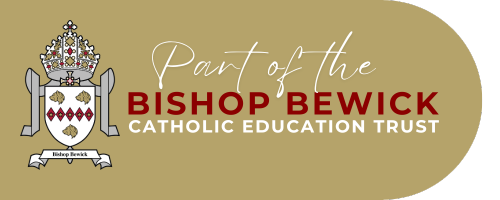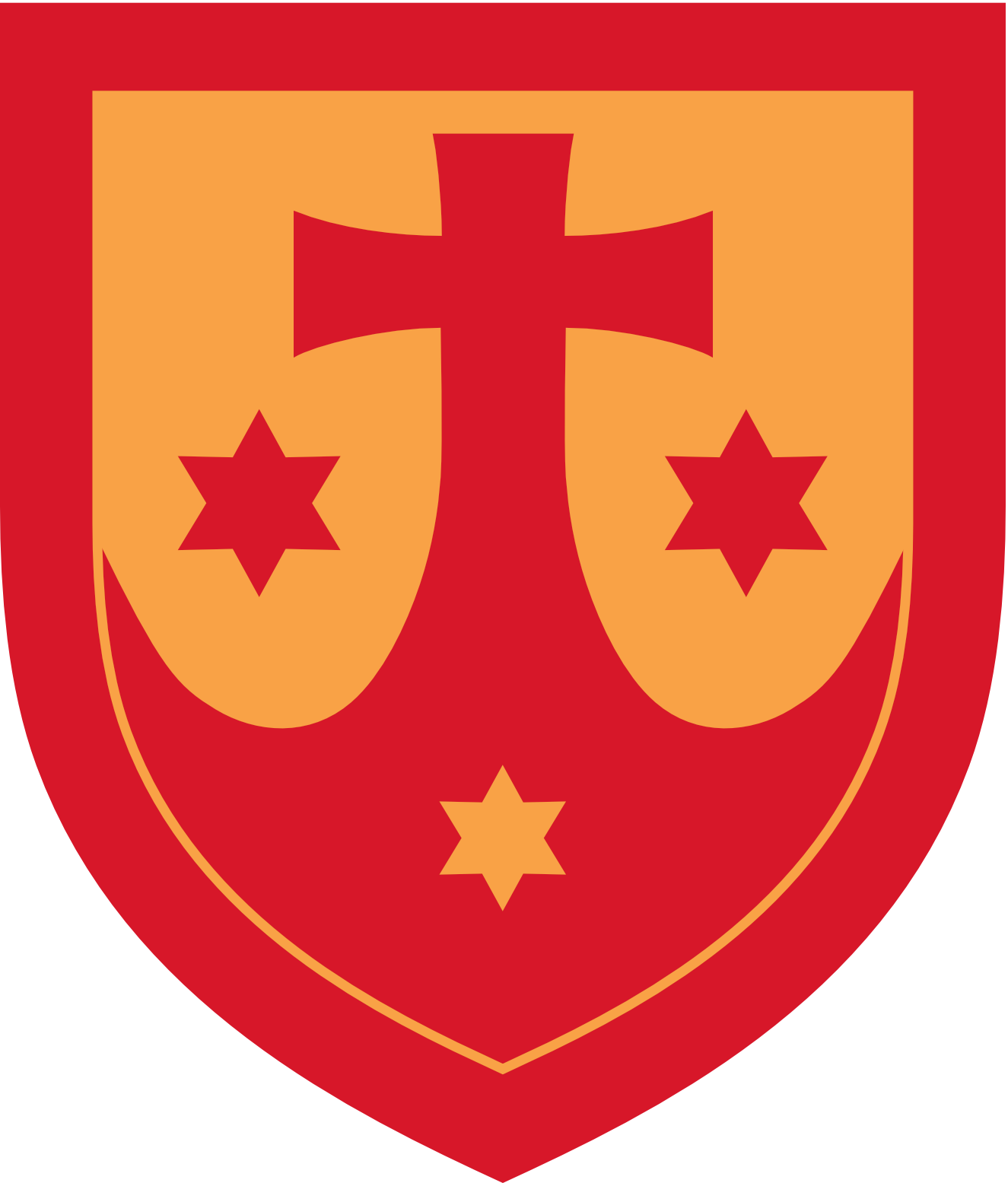
EARLY YEARS
INTENT:
St Teresa’s adheres to the Statutory Framework of the Early Years Foundation Stage (EYFS) and the four guiding principles that shape practice within Early Years settings:
Every child is a unique child, who is constantly learning and can be resilient, capable, confident, and self-assured
Children learn to be strong and independent through positive relationships
Children learn and develop well in enabling environments, in which their experiences respond to their individual needs and there is a strong partnership between practitioners and parents and/or carers
Children develop and learn in different ways and at different rates
We aim to provide a curriculum which:
Is rich, inspiring, and broad to allow all of children to widen their horizons in all areas of the curriculum.
Provides the depth that enables children to master the key depth of knowledge and skills.
Engenders high expectations and challenge to build children’s perseverance and self-belief.
Provides children with a wide range of rich, first-hand learning experiences to take the curriculum beyond the classroom and develop their love of learning, independence, and creative thinking.
Offers children a wide range of opportunities to personalise their curriculum to develop existing talents and interests and discover new ones.
Raises children’s aspirations and equips them with the knowledge and skills to flourish in KS1.
Fosters the development of children’s character, personal development, health, and wellbeing preparing them to make a valuable contribution to society.
Promotes speech, language, and communication opportunities to strengthen children’s ability to learn and articulate their learning at a deeper level.
Delivers physical and mental wellbeing program allowing children opportunities to exhibit spiritual, moral, social and cultural understanding.
Children are well prepared for life in modern Britain and are aware of how they can contribute and understand their local community.
IMPLEMENTATION:
The curriculum incorporates the statutory requirements of the Early Years Curriculum and other experiences and opportunities which best meet the learning and developmental needs of the children in our school, allowing them to flourish. The curriculum provides children with memorable experiences, in addition to
diverse and rich opportunities from which they can learn and develop a range of transferable skills.
As an Early Years Unit, we follow the EYFS curriculum, which has 7 main areas of learning.
The Prime Areas:
• Communication and Language
• Physical Development
• Personal, Social and Emotional Development
The Specific Areas:
• Literacy
• Mathematics
• Understanding the World
• Expressive Arts and Design
The way in which the EYFS Curriculum in designed and delivered is based on two key principles:
• learning is most effective with spaced repetition.
• Retrieval of previously learned content is frequent and regular, which increases both storage and
retrieval strength.
In Early Years, we understand the importance of providing regular and purposeful learning experiences, which enable children to revisit previous learning experiences and apply their knowledge in a variety of different contexts both indoors and outdoors. The teaching of the curriculum is designed to be practical and playful with support and challenge from adults in class teaching sessions, small groups, and individuals. Throughout the school day there is a combination of teacher taught sessions as well as a wealth of stimulating continuous provision across all areas of learning. The continuous provision is designed to provide children with repeated opportunities to apply new skills in a range of contexts linked to their interests.
Within the Early Years all the crucial skills, knowledge and vocabulary that we teach are presented to the children throughout the year which encompasses a range of topics, which a designed with the children’s interests in mind. A vital part of our curriculum design is the transition period before the children enter the classroom. We get to know the children through stay and play sessions prior to them joining Reception, find out their interests and have focussed discussions with their previous setting and parents and carers. In order for our curriculum to be delivered effectively our classroom environments, both indoors and outdoors are adapted regularly to meet the different and developing needs of all children. Our learning environments are developed to promote independence within our children and allow them to access the curriculum
confidently with the necessary level of support and challenge. Our environments are language rich providing a range of opportunities for talk, collaborative learning, and repetition. St Teresa’s has a well[1]developed forest school which the children access led by a qualified forest school lead.
Pupils work towards the Early Learning Goals of the Early Years Foundation Stage Curriculum in Reception. Most children move onto the National Curriculum Programmes of Study at the start of Year 1. Throughout this period and beyond all children are still developing their phonic knowledge through the Essential Letters and Sounds Programme and developing their fluency in reading through the school’s structured approach to the daily teaching of reading.
All children are given ample opportunity to develop their understanding of mathematics. Lessons in the Early Years follow a similar mastery approach to the whole school and use concrete and pictorial representations to develop an understanding of mathematics. Children are encouraged to use, enjoy, explore, practice, and talk confidently about mathematics using reasoning. The children are exposed to rich problems and use practical resources like Numicon, ten frames and other concrete material to master key concepts.
In EYFS, the children have opportunities to share their learning with each other, their parents and carers and other learners, through school-based performances, competitions, and events. Developing their independence and motivation as learners and their sense of responsibility as future citizens is at the heart of
all our teaching and learning.
Assessment within the Early Year is crucial in providing personalised learning opportunities for all children.
Children are assessed regularly through clear and accurate classroom observations, ongoing reviews, and discussions between staff members. Assessment takes place over all seven areas of learning. These assessments enable EYFS practitioners to ensure all learning is embedded and consistent and that all
children make good progress regardless of their starting point.
IMPACT:
Children demonstrate high levels of engagement in activities, developing their speaking and listening skills, enabling them to access more areas of the learning and communicate to both adults and children. Children develop skills across all areas of the curriculum including literacy, mathematics and physical development using these in different ways.
Children have developed a wider sense of the world around them and can draw on these experiences during interactions with others and link this to new learning.
Children develop their characteristics of learning and can apply their knowledge to a range of situations making links and explaining their ideas and understanding. Children are confident to take risks and discuss their successes and failures with adults drawing on their experiences to improve or adjust what they are doing. From their own starting points, children will make excellent progress academically and socially, developing a sense of themselves so that they are well prepared for Key Stage 1.


